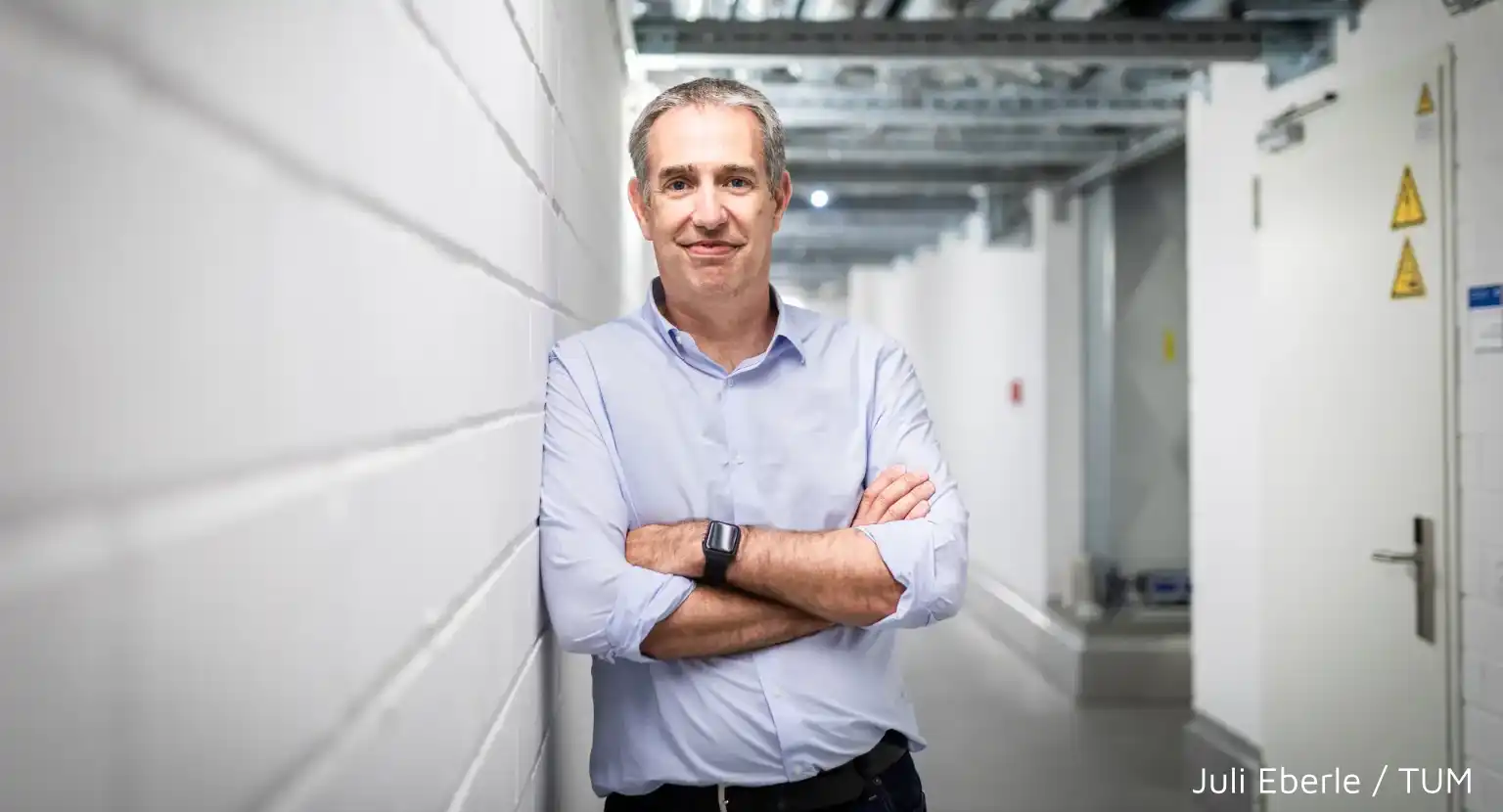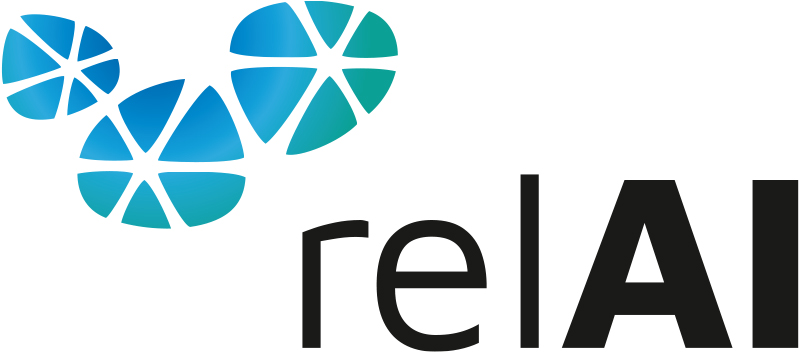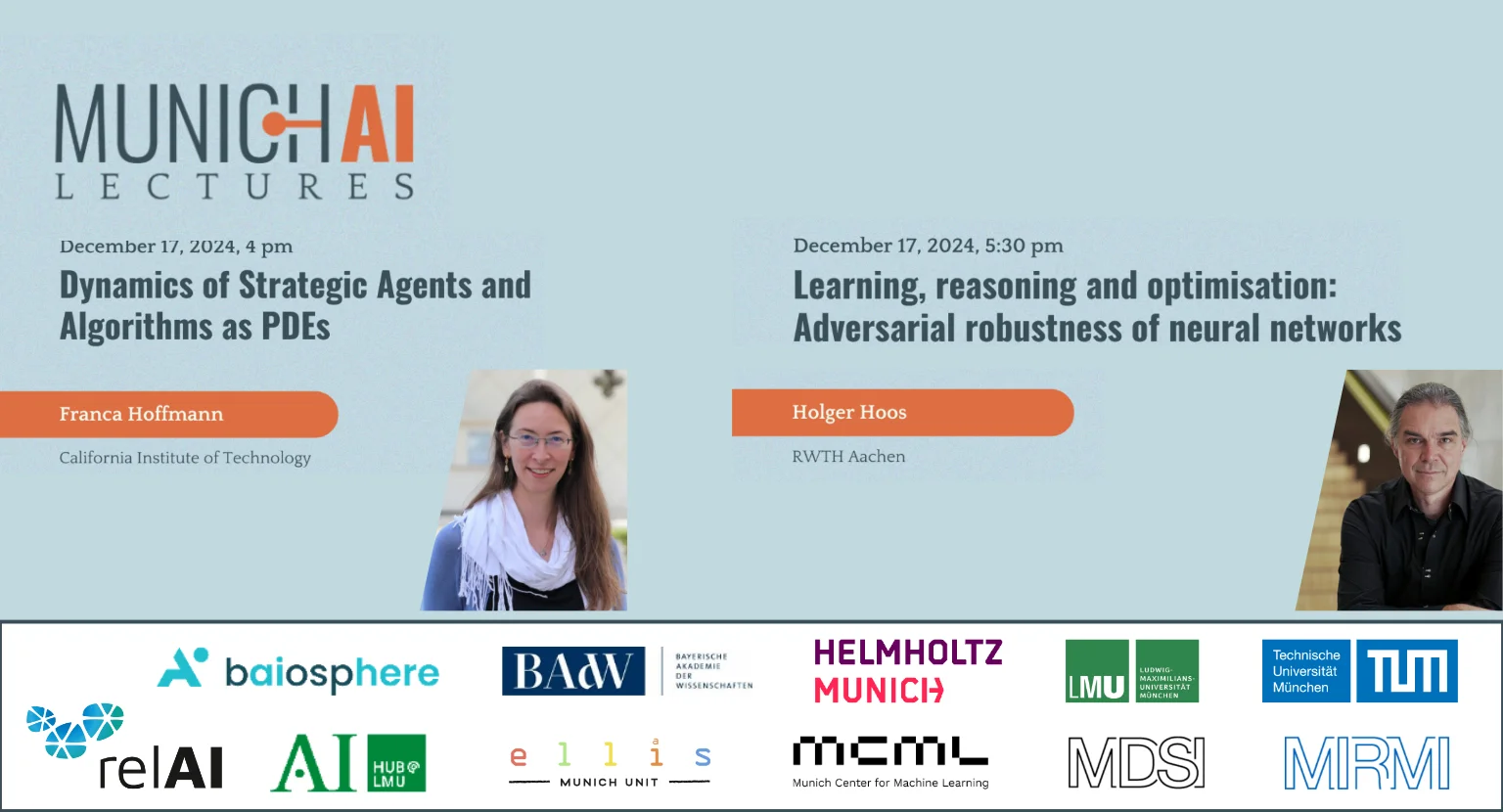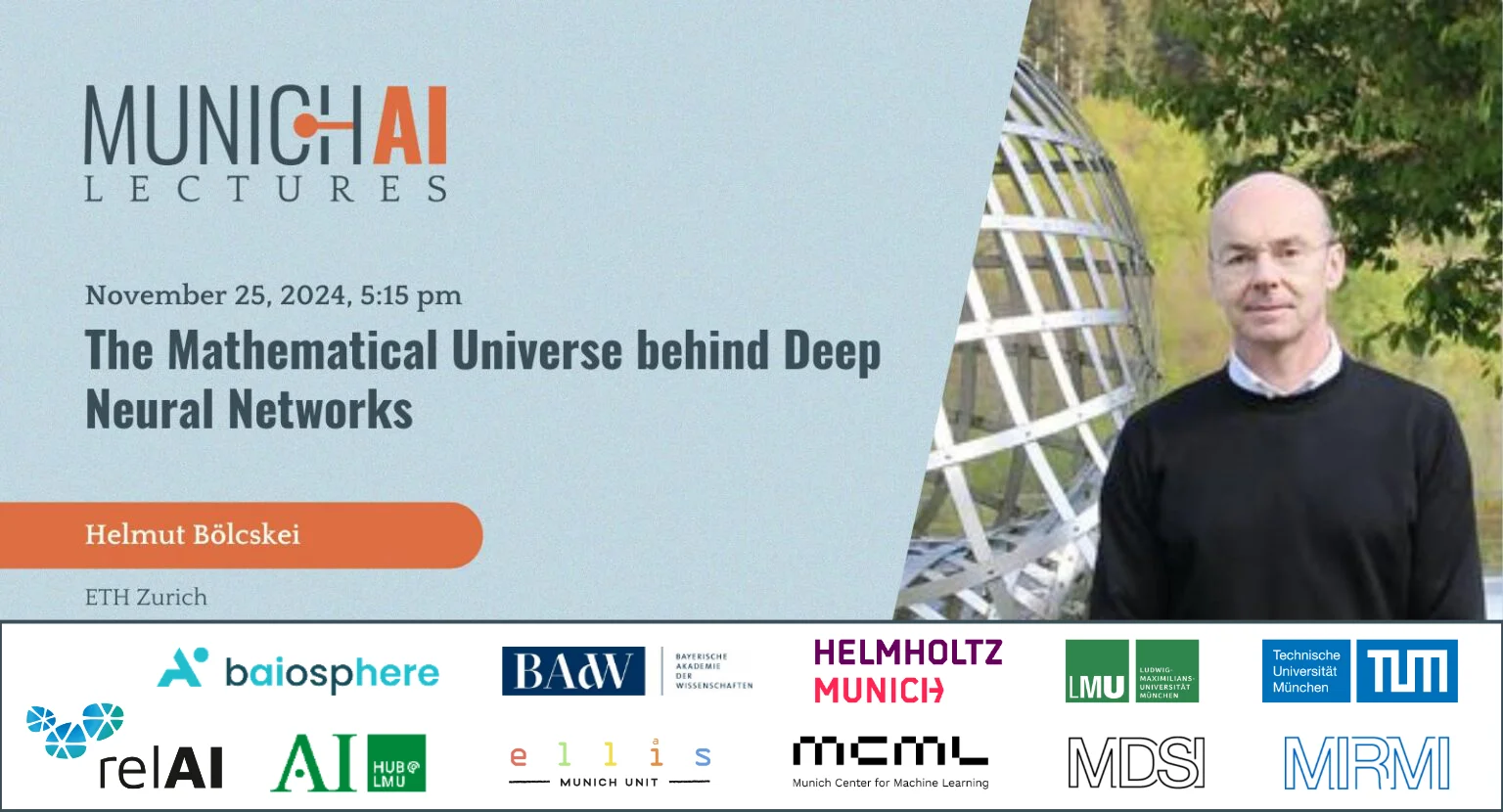
relAI is proud to announce that relAI fellow Prof. Daniel Rückert has been awarded the Gottfried Wilhelm Leibniz Prize 2025. This prestigious award, regarded as the most important German research prize, is endowed with 2.5 million euros by the German Research Foundation (DFG).
The professor of Artificial Intelligence (AI) in Medicine and Healthcare at the Technical University of Munich (TUM) has been honored for his research on AI-assisted medical imaging. He has developed pioneering methods with which AI algorithms can generate particularly informative images from computer tomography or magnetic resonance imaging, analyze them, and interpret them for improved medical diagnostics.
At relAI, he focuses on the safe and privacy aspects of the Medicine & Healthcare research area. His research encompasses several key topics, including reliable machine learning for medical imaging and sensing, privacy-preserving AI, trustworthy medical foundation models, and safe and responsible clinical AI. As a member of the relAI Steering Committee, he represents the Medicine & Healthcare area, playing a crucial role in shaping the organization's goals and future directions of the school.
Congratulations!
Read more about it: link












